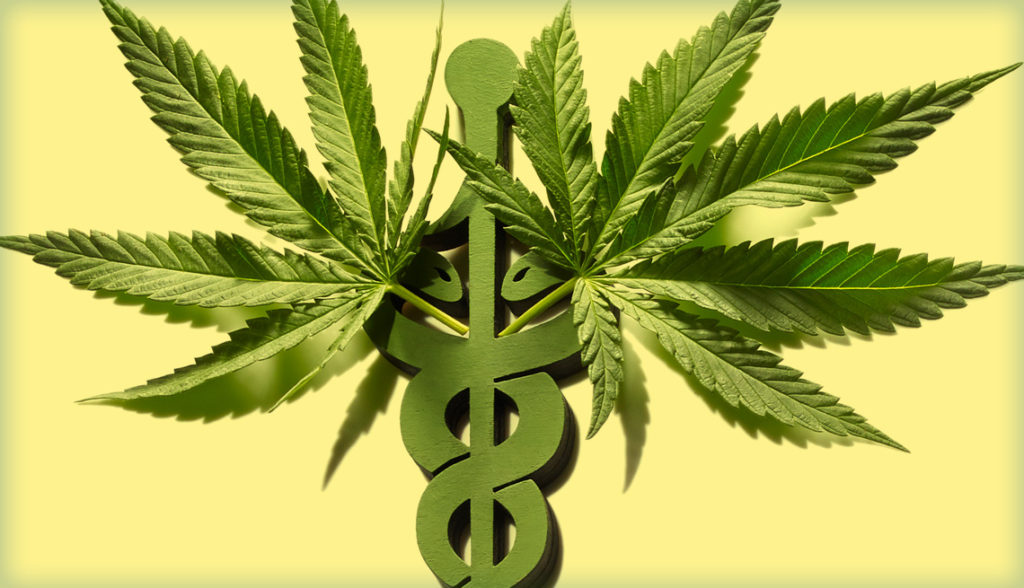A recent study published in the American Journal of Preventive Medicine has found that the use of medical cannabis in the United States has experienced a significant increase, with this spike being the biggest since 2013.
The study used data from the National Survey on Drug Use and Health, which surveyed approximately 480,000 individuals between the years of 2004 and 2018. During this period, the study found that medical cannabis usage had increased from 1.17% in 2004 to 4.53% in 2018.
While the reasons for this surge are not conclusive in the study’s findings, many point to a number of explanations.
When it comes to areas in which recreational marijuana is legal, one major reason many cannabis consumers still choose to participate in medical cannabis programs appears to be a desire circumvent high excise tax placed on recreational products. According to a report by the Tax Foundation, excise taxes on recreational cannabis can range from 10% to as high as 37%, depending on the state. Medical cannabis, on the other hand, is typically exempt from these taxes.
Furthermore, recreational cannabis is often limited in the amount of THC allowed per product, while medical cannabis may have far higher limits and also allows for greater possession amounts. This can be particularly important for those with chronic conditions that require higher doses of cannabis.
Additionally, some experts have speculated that the trend is indicative of a larger social phenomenon in which public perception has changed regarding marijuana usage. In recent years, many states have moved towards legalization, both for medical and recreational purposes, with more and more Americans expressing support for cannabis reform.
This shift in public opinion has been reflected in the growing momentum toward legalization at a federal leevl. Currently, marijuana remains a Schedule I drug under federal law, meaning that it is considered to have no medical value and a high potential for abuse. However, there have been several recent developments that suggest that this may be changing.
For example, in December 2020, the U.S. House of Representatives passed the Marijuana Opportunity Reinvestment and Expungement (MORE) Act, which would decriminalize marijuana at the federal level and expunge many past marijuana-related convictions. Although the bill did not pass the Senate during the last legislative session, its reintroduction has been a priority for many lawmakers. Among them, Chuck Schumer, Earl Blumenaeur, Barbara Lee, and Kamala Harris have all expressed emphatic interest in passing decriminalizing cannabis once and for all.
In addition, President Biden has expressed support for decriminalization, and his administration has taken some steps toward cannabis reform. For example, in February 2021, the White House announced that it would be suspending drug testing for some White House employees, citing the difficulty of finding qualified staff members who had not used marijuana in the past.
Meanwhile, with regard to medical marijuana in particular, the case for decriminalization is fortified by a growing body of evidence, including numerous studies that have found that marijuana can be an effective treatment for a wide range of medical conditions, including chronic pain, epilepsy, and anxiety.
Of course this is to say nothing of the economic benefits of legalization, which are well-documented as well, with states that have legalized medical cannabis seeing significant increases in tax revenue and job creation.
Indeed, the recent spike in medical cannabis usage in the United States represents undeniable evidence of changing public attitudes towards marijuana. As more states move towards legalization, the momentum towards federal decriminalization is also growing.
In the interim, it seems the medical benefits of legalization are becoming increasingly clear, and it is likely that patients will continue to opt into medicinal programs for the numerous benefits discussed herein. As this happens, it will be interesting to see how medical cannabis usage and patient access continue to proliferate.
For information on how to apply for Arizona’s medical marijuana program, visit Marijuana Doctor.





